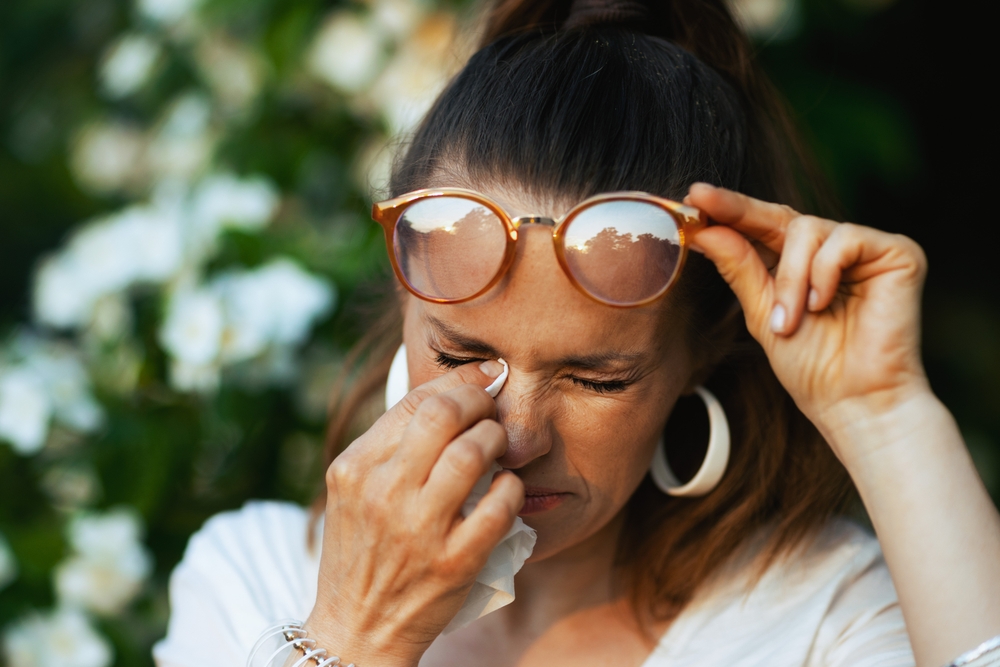
Eye allergies are common, but it’s not always clear when your symptoms are something you can manage on your own and when you should see an eye doctor. Here’s what you need to know about why your eyes react to allergens, what can trigger your symptoms, how to find relief, and when it’s time to seek expert care at Monroe Vision Clinic.
Why Your Eyes React to Allergens
Your eyes have a protective outer layer called the conjunctiva, which is very sensitive to airborne allergens such as pollen, pet dander, and dust mites. When these particles land on the surface of your eyes, your immune system releases histamines and other chemicals as a defense, causing the familiar symptoms of itching, redness, and watering.
Common Causes of Eye Allergies
Some of the most common triggers of eye allergies include:
Pollen from trees, grass, and weeds (especially during certain seasons)
Pet dander from cats, dogs, and other animals
Dust mites and mold spores
Smoke, perfumes, or other airborne irritants
Contact lens solutions or cosmetics
Identifying your specific trigger is an important first step in managing your symptoms.
Managing Your Allergy Symptoms
For mild symptoms, try these at-home strategies:
Stay indoors on high-pollen days and keep windows closed
Use artificial tears to rinse allergens from your eyes
Apply a cool compress to reduce swelling and irritation
Avoid rubbing your eyes, which can make symptoms worse
Wear sunglasses when outdoors to block allergens
Over-the-counter antihistamine or lubricating eye drops can also help, but it’s important to use these as directed and avoid overuse, which can sometimes worsen irritation.
When to See Your Eye Doctor
If your symptoms persist despite home remedies, become severe, or start interfering with your daily life, it’s time to schedule an appointment with an eye doctor. Not all red or itchy eyes are caused by allergies. Your doctor can determine if another condition is causing your symptoms. Sometimes, what seems like an allergy could actually be a sign of dry eye disease or another underlying issue that requires a different approach.
An eye doctor can recommend targeted prescription eye drops, allergy testing, or other therapies tailored to your specific needs. This means faster relief and a lower risk of complications.
Find Relief at Monroe Vision Clinic
Eye allergies are common, but that doesn’t mean you have to suffer through them or guess at the cause. Understanding your triggers, practicing good eye care habits, and knowing when to seek help can make a big difference in your comfort and eye health.
If you’re struggling with eye allergy symptoms, schedule a consultation at Monroe Vision Clinic to get the expert care and relief you need. Contact our office in Monroe or Snohomish, Washington, by calling (360) 794-2020 to book an appointment today.








